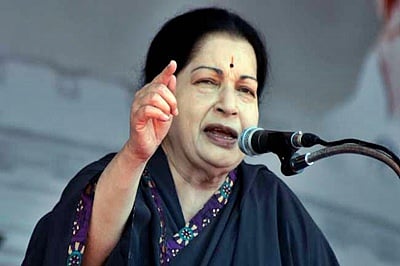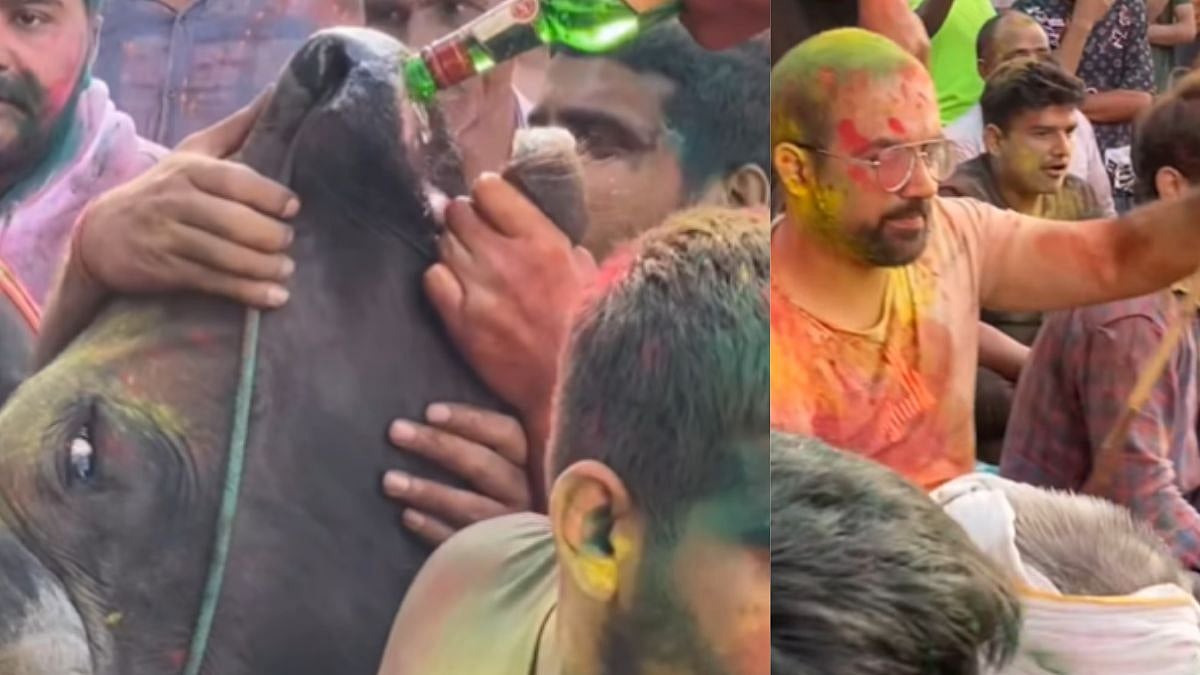Chennai : On a day Union Finance Minister Arun Jaitley complained that Tamil Nadu was the only State opposed to the Goods and Services Tax (GST) Bill, Chief Minister J Jayalalithaa in a detailed memorandum to Prime Minister Narendra Modi in New Delhi explained why she had reservations on the proposed legislation.
“Tamil Nadu is concerned about the impact the proposed GST will have on the fiscal autonomy of States and the huge permanent revenue loss it is likely to cause to a manufacturing and net exporting State like Tamil Nadu,” Jayalalithaa said.
While acknowledging that the Centre has addressed certain contentious issues by removing the provision for “declared” goods and removing alcohol meant for human consumption from the purview of GST; she strongly objected to the provision for the GST Council. The Tamil Nadu Chief Minister felt that the GST Council, as a constitutional body, impinges on the legislative sovereignty of both the Parliament and the State Legislatures and completely jeopardizes the autonomy of the States in fiscal matters. “Ideally, no statutory GST Council is required,” she said.
According to her, the decision making rule and voting weightage in the proposed Council are unacceptable. “They give the Government of India an effective veto in the GST Council and no distinction is sought to be made amongst the States in weightage. Hence, if at all a Council is formed, the weightage of the vote of the Central Government should be reduced to one-fourth of the total votes cast and that of the States correspondingly increased to three-fourths,” Jayalalithaa demanded. Further, the weightage of each State’s vote should be in proportion to the representation of the State in the Council of States (Rajya Sabha).
She reiterated her demand to keep petroleum and petroleum products outside GST permanently in view of the revenue impact and the positive environmental and social impact of high effective taxation on these items. “There is a need to enable the States to levy higher taxes on tobacco and tobacco products on par with the Centre, as States like Tamil Nadu already levy a higher rate of tax on tobacco and tobacco products on account of the public health concerns,” the Chief Minister said.
Noting that a manufacturing State like Tamil Nadu would permanently lose substantial revenue (estimated loss of Rs 9,270 crore) if GST is implemented, she reiterated the need for a constitutionally mandated independent compensation mechanism for full (100 per cent) compensation of revenue losses suffered by the States for a period of not less than five years.
She also sought that in lieu of the proposed additional levy of 1 per cent tax on inter-State supply of goods, the origin States may be allowed to retain 4 per cent of the Central GST part of the inter-State GST that would be leviable on inter-State supply of goods and services.
Therefore, Jayalalithaa urged the Centre to strive for a “broad consensus” on issues of compensation period and methodology, revenue neutral rates, floor rates with bands, commodities to be excluded from GST, the IGST model and clarity on dual administrative control, so that the genuine apprehensions of States regarding loss of fiscal autonomy and permanent revenue loss are allayed.




